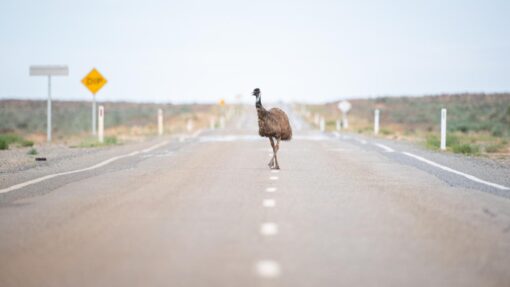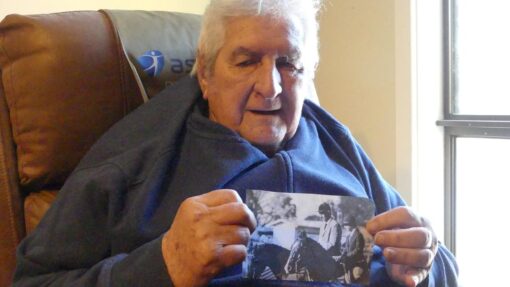Man who identifies as Indigenous loses deportation spat
Miklos Bolza |

A man twice convicted of assault could be deported back to Tonga despite claiming he identifies as Indigenous after marrying a First Nations woman and being accepted by a local mob.
Samiuela Latu Kapeli, 42, is being held at the Villawood Immigration Detention Centre after his partner visa was cancelled in May due to a conviction – his second since 2020.
The man, who arrived in Australia from Tonga in May 2003, went to the Federal Court in July asking for orders to release him from the centre in Sydney’s west.

He pointed to a 2020 High Court ruling that Indigenous Australians could not be considered “aliens” and could not be detained for deportation.
Married to Sarina Kapeli, a Kuku Yalanji woman whose tribe is in far-north Queensland, he argued that although he wasn’t born in Australia he had been accepted as Indigenous by a NSW mob.
“In his words, he identifies as an Aboriginal man, he has been initiated into the Worimi tribe of the Forster/Tuncurry region of New South Wales, and he is recognised and accepted as Aboriginal by the Worimi tribe, including its elders,” Justice Michael O’Bryan wrote in a judgment published on October 29.
The judge rejected claims that the 42-year-old’s links to First Nations people meant he could not be detained, and threw out the lawsuit.
“Mr Kapeli has never claimed to be biologically descended from Aboriginal people, and there is no evidence before the court raising any prospect that any of Mr Kapeli’s forebears were biologically descended from Aboriginal people,” he wrote.
The High Court ruled that only individuals with biological links to First Nations people could not be detained at centres like Villawood or made to leave Australia, the judge noted.
Individuals like Kapeli could never be Indigenous because they did not have the unique ancestral connection with the land, he said.
“In those circumstances, Mr Kapeli is lawfully detained while his future immigration status is investigated and determined.”
The judge found the Tongan was evasive during questioning in court and did not give details about his Pacific Islander ancestry because he believed it would harm his claim of being an Indigenous Australian.
He had lied about not knowing the names of his biological parents or the country where they were born despite this information being on his marriage and birth certificates and migration forms, Justice O’Bryan said.
While the judge accepted Kapeli had been accepted into the Worimi tribe, there was no evidence he had been formally initiated through any local custom or law.
While the 42-year-old’s visa has been cancelled, he has appealed and the Federal Minister for Immigration Tony Burke is yet to decide whether or not to revoke the cancellation.
In the lawsuit, Kapeli also claimed he couldn’t be deported in the foreseeable future because of ongoing investigations into his allegedly Indigenous ancestry.
However, the judge found that because he was legally an “alien”, there was no impediment to his deportation in the event that his visa remained revoked.
13YARN 13 92 76
Lifeline 13 11 14
AAP


